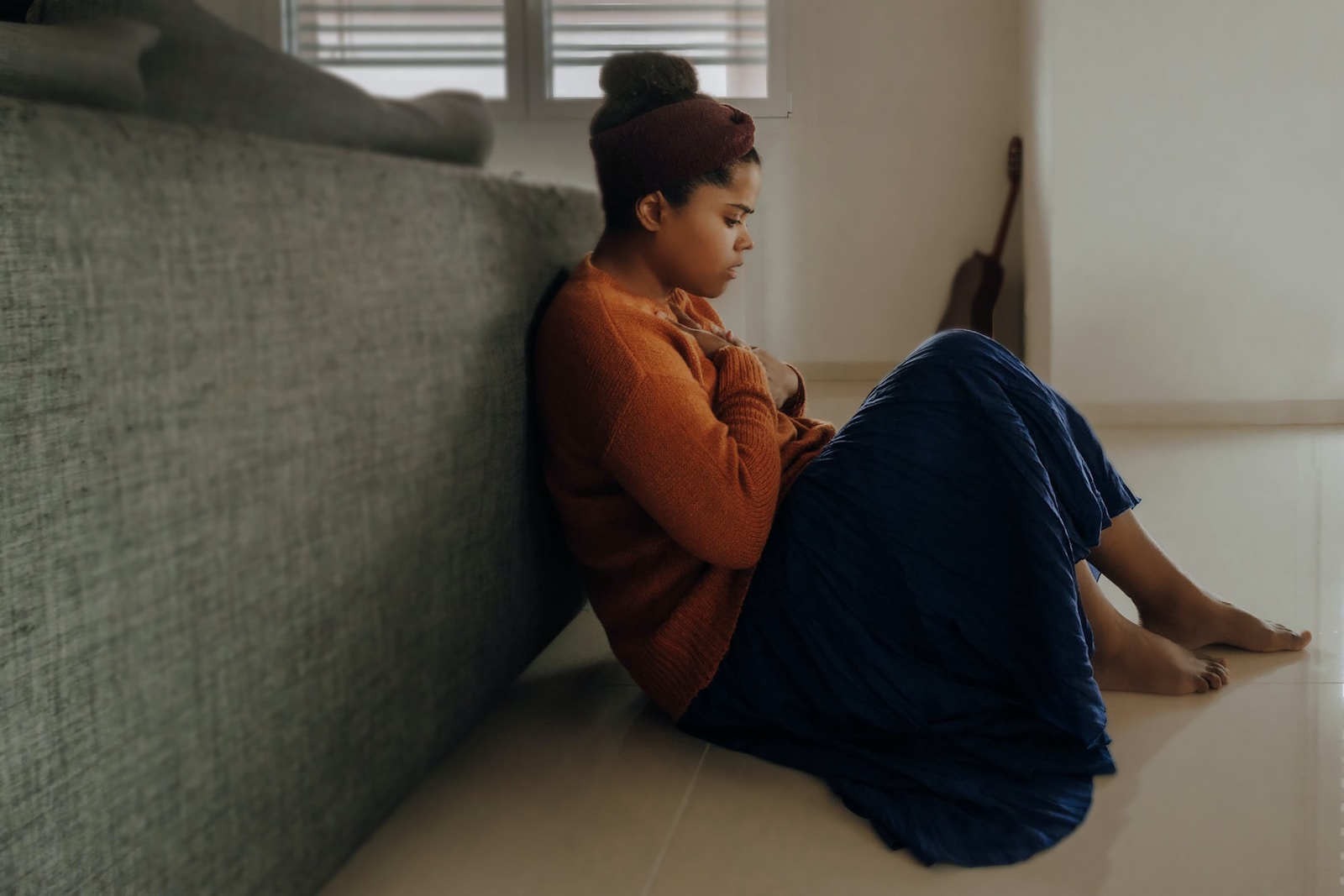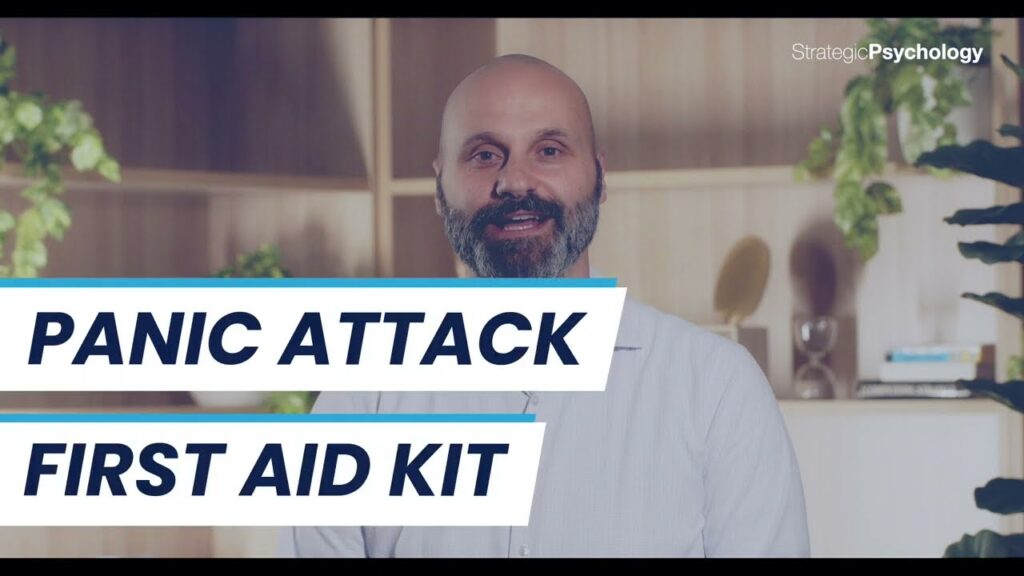A panic attack is an episode of intense fear and stress which usually occurs suddenly. Panic attacks can be very scary to experience.
Each panic attack may only last a few minutes, however, it can leave a person feeling physically and emotionally drained for some time. Panic attacks can also be embarrassing for someone to experience, especially if they occur in a public place. Panic disorder occurs when multiple panic attacks are experienced.

Symptoms of a panic attack
Feeling dizzy or faint
Difficulty breathing, short and shallow breaths
Feelings of impending doom
Hot or cold sweats
Uncontrollable trembling
More information
General Anxiety
Generalised anxiety is characterised by excessive and persistent worry and fear about various aspects of life, such as work, relationships, health, and everyday situations. People with generalised anxiety often find it challenging to control their worries, which can significantly impact their daily functioning and overall well-being. Symptoms may include restlessness, irritability, difficulty concentrating, muscle tension, and sleep disturbances.
Social Anxiety
This is a form of anxiety that specifically occurs in social situations. Whilst we will all from time to time experience a degree of nervousness, or worry about how others perceive us, social anxiety is experienced as an overwhelming sense of worry or fear regarding interacting with others and social situations. In a lot of cases, the fear can be so overwhelming that a person may avoid putting themselves into situations which might trigger these feelings. This avoidance only serves to reinforce the anxiety and is not helpful in the long term.
Specific Phobias
Specific phobias are the fear of a specific thing or situation. Whilst it is normal to be a little fearful of some things, a phobia is an overwhelming and consuming fear which can overwhelm an individual, significantly impacting on their ability to lead a functioning life.
Common specific phobias include:
Spiders or other animals
Heights
Flying
Medical (doctors, dentists, needles, etc)
Darkness
Obsessions and Compulsions
Obsessions are reoccurring distressing thoughts, which can dominate a person’s life. Compulsions are often simple actions or thoughts that are perceived to negate the obsessions. People who suffer from obsessions and compulsions often feel a great need to perform these tasks or behaviours which they have connected with reducing the anxiety felt from obsessive thoughts. In some cases, individuals are not able to perform normal daily functions without repeatedly engaging in compulsive behaviours aimed at dispelling their obsessions.
Depression is often found in conjunction with obsessions and compulsions as they can significantly interfere with an individual’s ability to engage in daily activities.
Obsessions are reoccurring distressing thoughts, which can dominate a person’s life. Compulsions are often simple actions or thoughts that are perceived to negate the obsessions. People who suffer from obsessions and compulsions often feel a great need to perform these tasks or behaviours which they have connected with reducing the anxiety felt from obsessive thoughts. In some cases, individuals are not able to perform normal daily functions without repeatedly engaging in compulsive behaviours aimed at dispelling their obsessions.
Depression is often found in conjunction with obsessions and compulsions as they can significantly interfere with an individual’s ability to engage in daily activities.
Match with a Psychologist
Steps you can take
If you think you might be suffering from any form of anxiety and would like support to improve your life, you can contact us at Strategic Psychology via phone, email, or drop in to our office to arrange to meet with one of our trained psychologists for a confidential discussion.
No referral is needed to make an appointment. However, you can arrange for an appointment with your GP to discuss your mental health and the support which can be available through Medicare to access treatment services. If you are eligible for a Mental Health Treatment Plan, your GP can provide this to you to bring along to your session which will allow you to access a rebate through Medicare.

